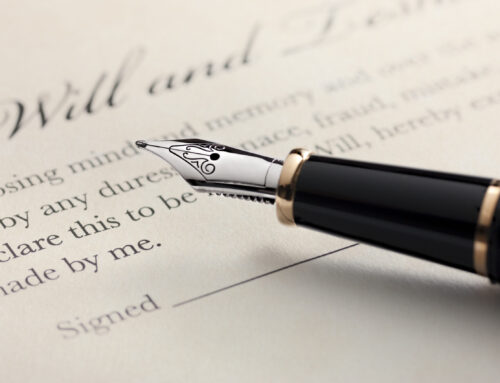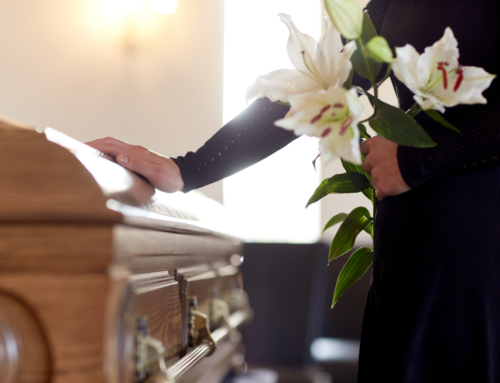A Will ensures that everything you own goes to the people you care about. Without one, you might find there are disputes within the family, or people who wanted to receive certain aspects of your estate aren’t left disappointed. It’s also best to think of creating clarity in your wishes at a time when emotions are running high and people may not be able to think objectively about what you may have wanted.
What can a Will include?
Many people aren’t too sure what to add to their Wills. The term ‘estate’ isn’t overly clear so for the purposes of this blog we will clarify, a Will can include your:
- Money
- Property
- Possessions
- Investments
How to write a will
- Understand how much your estate is worth: add up your assets (and debts!) to see what everything you own totals
This can include: your home, savings, insurance, pension, investments, jewellery, any belongings, furniture/ household items, vehicles, national savings, mortgage, loans, bank overdrafts, credit cards
- Who is the executor of your will?
Choosing who will be in charge of the distribution of your assets is not a small feat. This can involve a lot of work and responsibilities so make sure the person is reliable and trustworthy.
- How you’d like to divide your assets
Consider the following:
- Who you want to receive what
- Whether you want to gift people items
- Where any leftover money goes (after paying for your funeral)
- If you would like to make a donation to any charities (include full contact information)
- What happens if any beneficiaries die before you
- Write your will
There are a few ways to write a will:
- Lawyers: usually the best advice, most solicitors may have a will and probate team who specialise in wills and probate services (ensuring they are licensed)
- Other ways include: will writers, charities, banks, alternatively you can write your own will
- Sign your will
Wills must be signed in the presence of a witness for it to be valid
- Keeping your will safe
Wills can be left with your solicitor, in the bank, or at home. Please inform the executor of your will where it is stored, so they can access it if needed
Ensuring your will is valid
- The will must be signed in the presence of 2 witnesses (these should not be beneficiaries)
- You must have made the will voluntarily
- You must have the capacity to make the will and understand its effects
- Any previous wills must be destroyed (and the beginning of the most recent will must revoke any previous wills)
If a will is not valid, these rules of intestacy will decide how the estate of the deceased person is shared.
Updating your will
Updating your will should be done when there are any big changes in your life e.g. moving house, having a child/grandchildren
Small changes (codicil): these are small changes or supplements
Big changes (a new will): these are for substantial changes, where the old will should be cancelled
Getting divorced, marrying or re-marrying
If your relationship status changes, you should arrange to change your will to ensure the correct person benefits from your estate.
If you get divorced, then your ex-partner will not benefit from your will by default. You will need to state any inheritance specifically if you so wish.
Not making a will
When a person doesn’t have a will, rules must be followed to how the estate is distributed.
These are rules of intestacy.
Only married partners, civil partners, and close relatives can inherit anything under the rules of intestacy.
For example:
- If you have children, and a deceased spouse/ partner: your children will inherit everything, divided equally between them
- If you have a partner/ spouse and no children: your spouse/ partner will inherit your whole estate, including personal possessions
- If you have both children, and a spouse/ partner: your spouse/ partner will inherit at least the first £250,000 of your estate, all your personal possessions, and half the rest. Whilst your children will be entitled to the other half of the balance
Contact Us
For further information on making or will, contact our Wills and Probate team. Call on 01782 662424 or email at info@beestonshenton.co.uk




